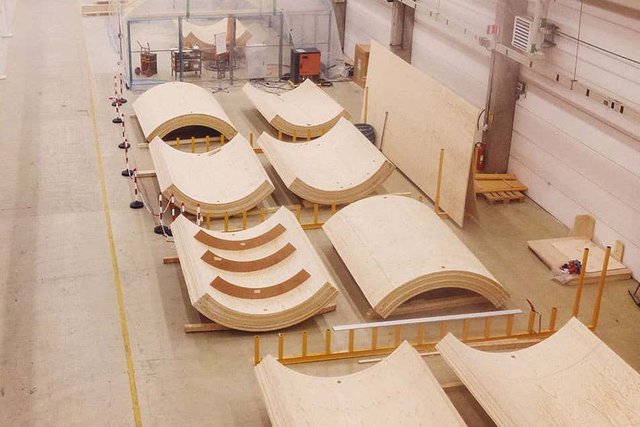
Should we build wind turbines from wood?:
Most wind turbines are made from a mix of materials, making them hard to recycle – but wood could offer a more sustainable alternative
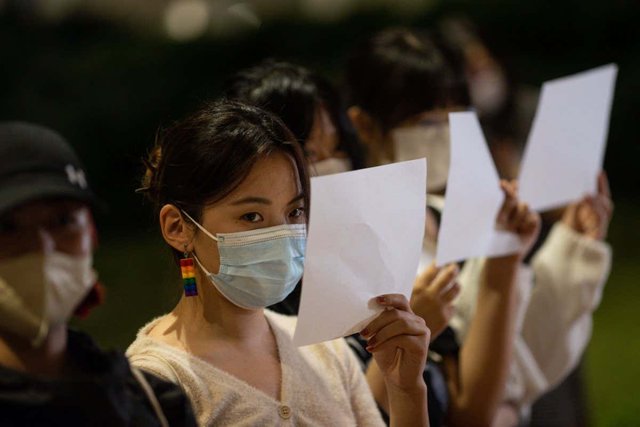
China's failure to vaccinate makes giving up on zero covid a huge risk:
Widespread protests against China's zero-covid policy have led the country to ease some restrictions, but its failure to vaccinate older people means this could lead to millions of deaths
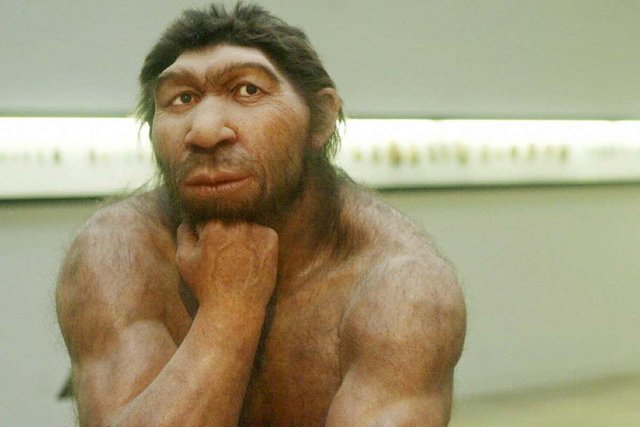
Antibiotics encoded in Neanderthal DNA could help us fight infections:
A search of the ancient DNA of Neanderthals and Denisovans has revealed coding for extinct bacteria-killing proteins that we could revive to fight infections
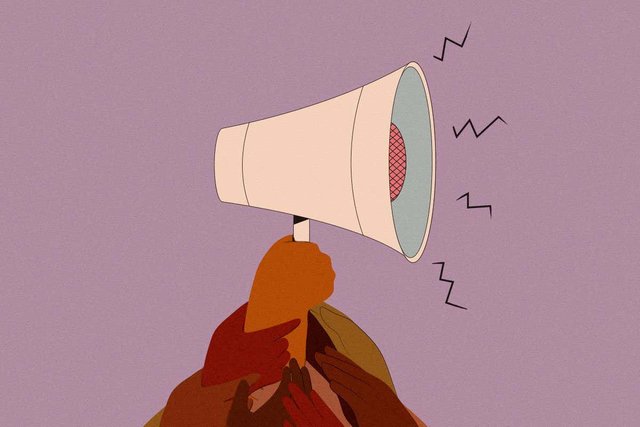
COP27 saw progress on climate reparations, but more action is needed:
The developments at COP27 resulted in a historic agreement to set up a loss and damage fund, but voices from the Global South must remain loud and united long after the climate summit, says Zareen Zahid Qureshi
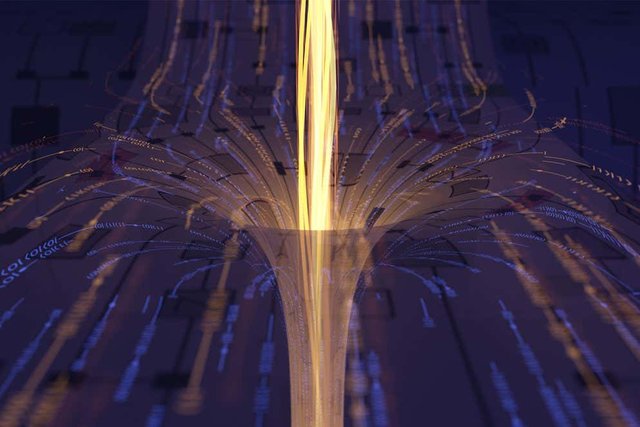
A quantum computer has simulated a wormhole for the first time:
Researchers have used Google's Sycamore quantum computer to simulate a simplified wormhole for the first time, and sent a piece of quantum information through it
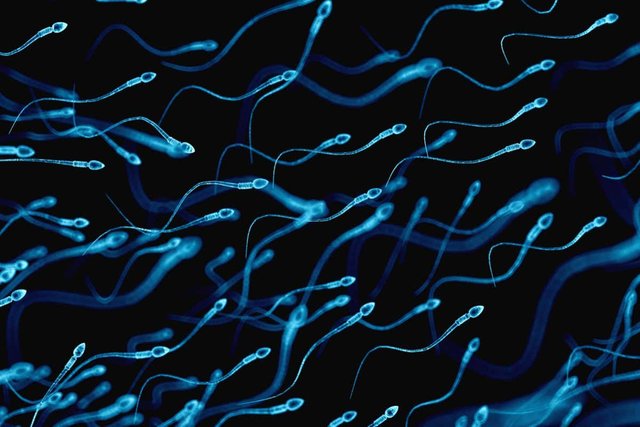
Sperm-blocking vaginal gel could be a reliable contraceptive method:
A gel that has prevented almost all of 1 billion sperm getting past the cervix in sheep could become an alternative to hormonal birth control methods but without the side effects
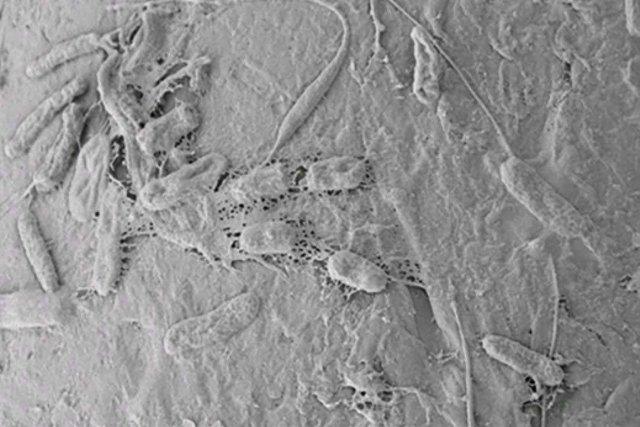
Microfibres that pollute the seas are floating homes for bacteria:
Almost 200 species of bacteria, including one that can cause food poisoning, were found on microfibre particles from the Mediterranean Sea
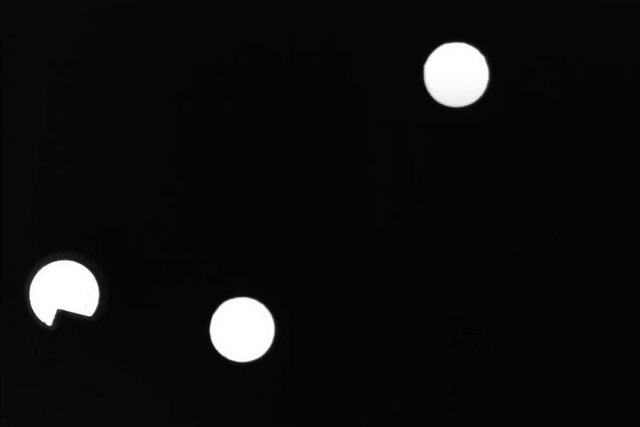
Plastic 'Pac-Man' moves using water ripples:
A simple device made of plastic and rubber can be controlled using ripples in water to move around obstacles
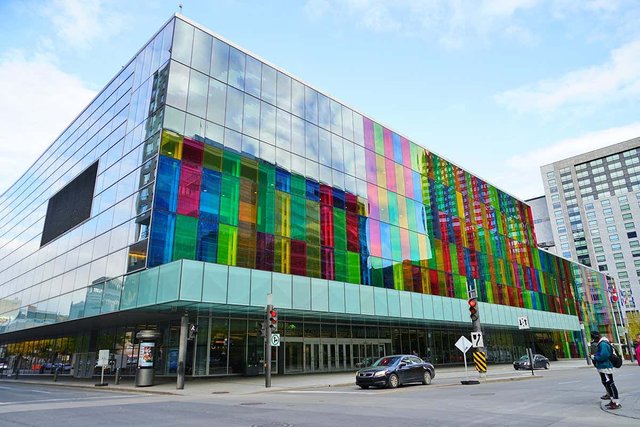
COP15: What to expect at the biggest biodiversity summit in a decade:
After a two-year delay, the COP15 summit will convene in Montreal to hammer out an agreement to address the biodiversity crisis
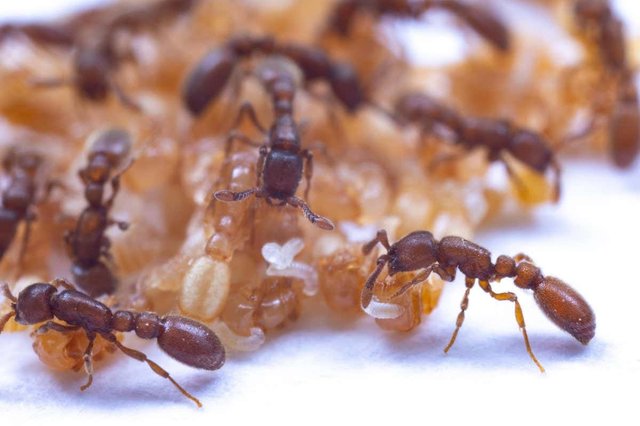
Ant pupae produce a nourishing liquid food for larvae and adults:
Researchers have observed several species of ants that produce a liquid while in a pupal stage that then gets consumed by their larvae and adults, with the team expecting this to occur across all ant species









